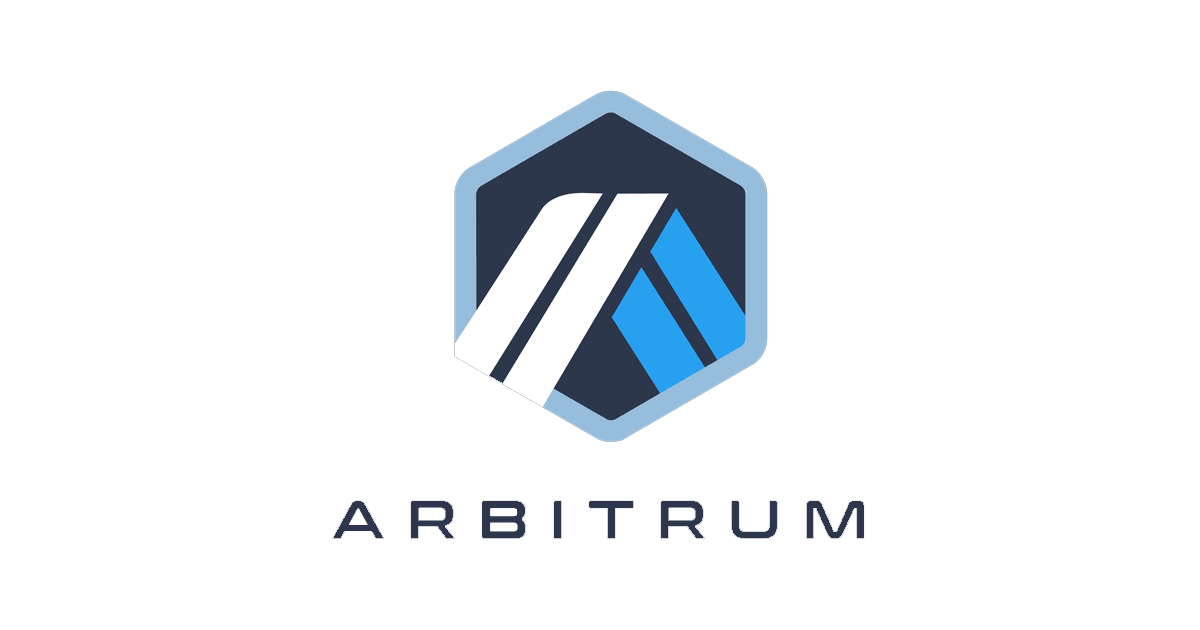Voting Power Within the Arbitrum DAO
This analysis focuses on Arbitrum Governance and tracks the consolidation of voting power within the Arbitrum DAO. The analysis will cover the number of unique wallets that have delegated their ARB tokens and the number of unique delegates who received tokens. A dashboard will be created to monitor the total voting power and the number of unique delegators for the top 50 delegates. The top 10 delegators (by total ARB) for each delegate in the top 50 will also be identified.
Furthermore, the analysis examines the on-chain activities of wallets that have delegated their voting power to note any patterns.
It explores the possibility of identifying which user segments are more likely to delegate tokens based on transaction histories.
The governance smart contracts of the Arbitrum DAO are implemented on the Arbitrum One rollup chain, which operates as a Layer 2 scaling solution for the Ethereum blockchain. These contracts incorporate the DAO's governance token, $ARB, which members use to vote on Arbitrum DAO proposals (AIPs). The voting weight of a member is proportionate to the quantity of $ARB they possess or represent.
The Arbitrum DAO features an inbuilt treasury system, operated through a smart contract, that finances the organization's and its technologies' ongoing development and upkeep. Token holders can propose and vote on using the treasury's funds.
The Security Council is another integral feature of the Arbitrum DAO, providing an inbuilt security mechanism. It comprises entities responsible for ensuring the DAO's security and integrity across chains.
The council can expedite actions in a security emergency, bypassing the slow voting process, as stipulated in the Constitution. The Security Council's members are elected through semiannual elections by the DAO.

I have only tracked delegate activities on Flipside for users who claimed their $ARB tokens. Specifically, I focused on those who received the ARB airdrop and then delegated their votes to themselves or others. My investigation led me to the distribution address for Arbitrum, 0x67a24ce4321ab3af51c2d0a4801c3e111d88c9d9. I filtered the token using the Fact transfer table and the ARB token's contract address (0x912ce59144191c1204e64559fe8253a0e49e6548) and assigned the distribution address as the sender. I then converted the decimal amount of ARB and obtained the Users and Claimed Amounts.
Based on these findings, I joined the Event log table to extract the delegate addresses. Initially, I attempted to join with the ENS tables to extract their names, but each address had multiple ENS names, making it difficult to obtain accurate results. As a result, I decided to hard-code the names instead.